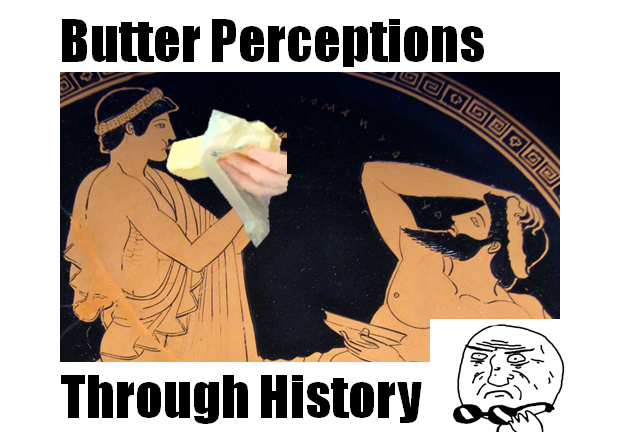
Butter is one of the oldest foods known to man and interestingly has always been perceived as a healthy food. In fact, many cultures regarded butter as being the “food of the gods”
While it is known that milk drinking pre-dated the development of agriculture, evidence of butter was not recorded until 3,000 BC when Sumerians documented butter making activities in their temple. Interestingly, most cultures in the past have associated butter with religious practice. If nothing else, this proves that butter was an important food for many people for thousands of years.
Fat-free culture and propaganda convinced many Americans that butter was unhealthy food and should be eliminated from your diet. Even though this trend has reversed and researchers are re-discovering that butter actually has many life-giving properties, butter still carries some negative connotations.
Read my article why butter should be called a superfood.
But people for thousands of years have known about butters health benefits and ancient peoples held butter in high regards. Here are some of the ways butter has been perceived throughout history:
Sumerians
The ancient Sumerians documented dairy husbandry on the walls of their temple and the ancient practices of cheese making and butter making. Butter was an important part of Sumerian culture and kings are said to be nourished by milk from the Gods.
The Bible
Butter is mentioned several times in the bible. In Genesis 18:8, Abraham offers the angels a meal including milk and butter meaning of course that he was a butter eater. Job, the oldest book in the bible, also talks about rivers of honey and butter. Butter was often mixed with honey as a food source in the Middle East. The prophet Isiah spoke of butter and honey as well and used butter to symbolize a form of abundance.
Asiatic India
Ancient peoples in Asiatic India had a deep respect for butters life-giving nature and mentioned butter in their ancient sacred songs. In songs dating back to 2,000 BC, butter was viewed as an immortality elixir much like the Western version of the fountain of youth. Butter also served as a symbol of fertility, regenerator of wealth, or a purifier. Butter was not only a food but a sacred item used in purification rituals with temples burning ghee (clarified butter) in lamps.
An example of the ancient songs of the Rg Veda in praise of ghee (clarified butter) (Source)
This is the secret name of Butter:
“Tongue of the gods,” “navel of immortality.”
We will proclaim the name of Butter;
We will sustain it in this sacrifice by bowing low.
These waves of Butter flow like gazelles before the hunter…
Streams of Butter caress the burning wood.
Agni, the fire, loves them and is satisfied.
Hindu culture today still carries these traditions with butter balls are thrown at goddesses as a form of worship – literally in an attempt to try to butter up the gods. Butter is also used to make inferior foods superior.
Egyptians
Egyptians liked dairy so much they documented their dairy industriousness on temple walls
Butter making in Egypt
Tibetans
The people in Tibet drink use butter tea as a means of nourishment. The butter is often made from Yak milk. Butter tea is a very important beverage and source of nutrition being that it is so nutrient dense. Some people will drink 40 cups of butter tea per day. The butter is thought to provide the body additional health benefits such as hydration, warmth, even reducing chapped lips.
China
In 600 AD, Chinese Buddhist teacher T’ien-t’ai noted milk journey to ghee symbolizes refinement and liberation. Butter was seen as a physical symbol of the transformation of the soul.
Genghis Khan
The Mongols were a nomadic people and used butter heavily as a food source. Genghis Khan fueled his conquering army with butter and created the largest empire known to man. These horsemen were fond of a beverage called Kumis- a fermented milk with butter clumps. In the 13th century, Marco Polo wrote that Kublai Khan (Genghis Kahn’s grandson) kept 10,000 horses to produce the buttery beverage.
Genghis Khan fueled his conquering army with butter
Greeks and Romans
The Greeks and Romans valued olive oil over butter when cooking (probably because it was more available), but even so held butter in high regards. Butter was used cosmetically and medicinally. Butter was used to condition skin and hair or used to reduce inflammation or heal battle wounds. Butter was also taken internally as a method to reduce anxiety, cure gum disease and ulcers.
Northern European
The Vikings were fierce warriors in Northern Europe whose whole culture largely revolved around cattle. The vast majority of Norse people lived on small farms and the main farming activity was animal husbandry. Butter was a way to store milk for longer periods of time. Butter was a very important food source that fueled Viking warriors, and many of them were buried with barrels of butter for their journeys in the afterlife.
Butter was an important food source to the ancient Celts. Milk, butter, and other dairy products were embedded in their mythology. In Ireland, the Celtic goddess of cows –Brigit – milked her cow which produced a lake full of milk that she churned into butter to feed the people from its inexhaustible supply. Butter was the food from the gods in their mythology.
Seafarers
Seafaring Europeans through history often took butter with them on voyages due to butters storability and nutrient dense properties. Explorers such as Sir Francis Drake fueled his sailors with butter. (Source) The pilgrims that settled America brought butter with them to sustain them on their voyage to the New World.
Africa
The Masai, a nomadic people in Africa, consider butter an agent of blessing and use it as an ointment in all life-cycle rituals. The Masai consider milk to be the ultimate food and consider butter simply refined milk. The Masai say that butter provides sustenance and ensures growth and fertility.
Let me know
It is interesting how perceptions change through time. A food once perceived as healthy, changes and is perceived as artery clogging. Is this the nature of things and just how reality flows? What conclusions can you draw from this? Let me know, I’d love a healthy discussion on this.



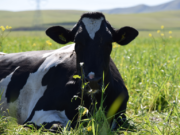




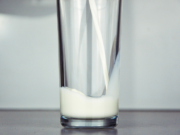
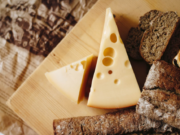

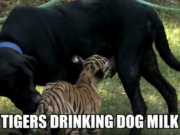
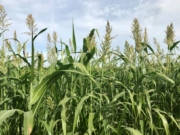
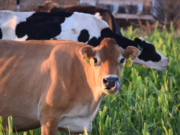
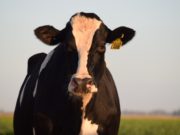
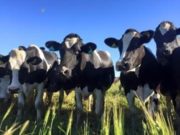

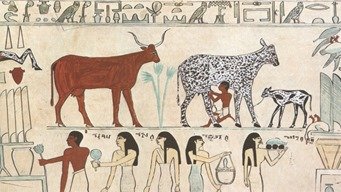
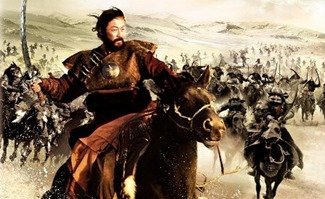
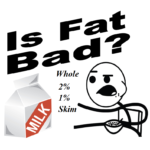
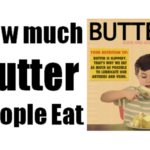
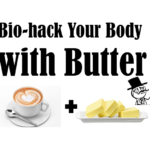
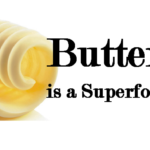
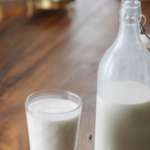
I LOVE this website!
Thanks! I try to keep it interesting
Like many if not most of my generation, I grew up profoundly fat-phobic. I’ve since learned that butter should really be considered a superfood. That said, I’m sure the quality varies in our industrial world, so I spend a little extra to buy organic, ideally certified biodynamic (Demeter).
I highly recommend a video on youtube by Stephan Guyenet, in which he discusses the ramifications of replacing traditional fats (butter, lard, and tallow) with industrial seed oils. (Search on: “TEDxHarvardLaw – Stephan Guyenet – The American Diet”)